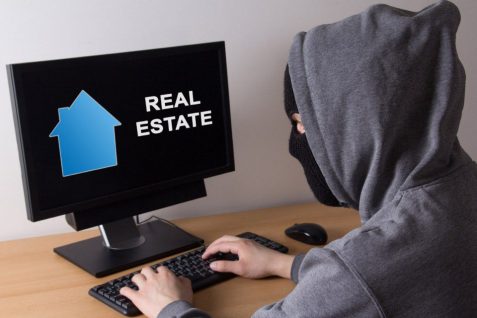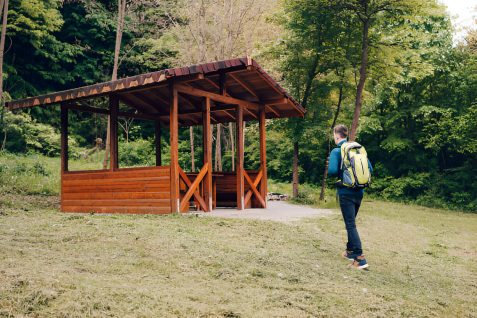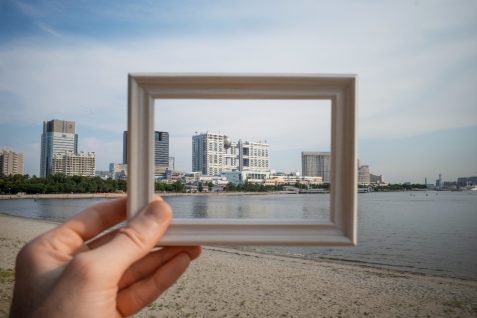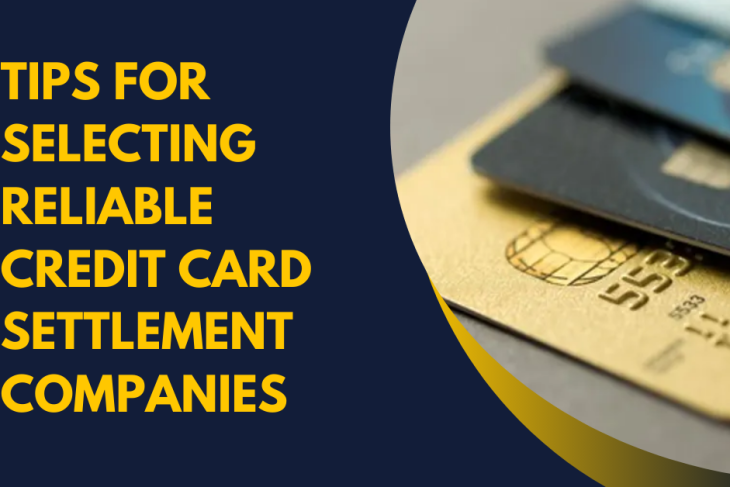
How Can You Protect Yourself from Real Estate Fraud in Pakistan?
Protect yourself from real estate fraud in Pakistan with these essential tips. Learn how to verify property ownership, choose trustworthy agents, inspect properties, and avoid common scams to secure your investments.
Real estate fraud is a serious concern for property buyers and investors in Pakistan. As the real estate market proliferates, so do the opportunities for fraudulent activities. Whether you’re buying your first home, investing in commercial property, or dealing with land purchases, it’s crucial to take precautions to avoid falling victim to scams. This article will guide you through the key steps to protect yourself from real estate fraud in Pakistan, ensuring that your investment is safe and secure.

1. Verify the Property’s Ownership
One of the most important steps before making any property transactions is verifying the property’s ownership. Many frauds occur when a seller does not have the right to sell the property or when the property is already encumbered by debts or legal issues.
How to verify ownership:
- Check the Title Deed: The title deed should clearly state the owner’s name and the property’s legal history. Ensure that the person selling the property is the rightful owner.
- Get a No Objection Certificate (NOC): This document is issued by local authorities and confirms that there are no legal or financial issues with the property.
- Use a Lawyer: Hire a qualified real estate lawyer to conduct a legal check on the property’s title. This can help prevent issues with illegal property transfers.
2. Use a Registered Real Estate Agent
Real estate agents in Pakistan are crucial to the buying and selling process. However, not all agents are trustworthy. Always use a registered and reputable real estate agent to avoid potential fraud.
How to choose a trustworthy agent:
- Check Credentials: Make sure the agent is registered with the relevant authorities, such as the Pakistan Real Estate Investment and Management Company (PRIME).
- Research Their Reputation: Ask for references or read reviews from previous clients to gauge the agent’s credibility and professionalism.
- Avoid Unregistered Agents: Never deal with agents who are not licensed or who do not operate under a formal office.
3. Inspect the Property Personally
It’s essential to personally visit and inspect the property before committing to any purchase. While photos or videos can help you get an initial idea of the property, seeing it in person will give you a much clearer understanding of its condition.
Key things to check during the inspection:
- Physical Condition: Ensure the property is in the condition that was promised, and check for any hidden damages that might not have been disclosed.
- Amenities and Utilities: Check whether the property has basic utilities like water, electricity, and gas and whether they are functioning properly.
- Neighborhood: Visit the property’s surrounding area to assess its safety, accessibility, and overall environment.
4. Avoid Advance Payments Without Legal Documentation
One of the most common fraud tactics in Pakistan is convincing buyers to make advance payments without any legal paperwork. These payments can be lost if the deal falls through or turns out to be fraudulent.
How to avoid this scam:
- Get a Written Agreement: Always make sure there is a formal agreement in place that outlines the terms of the sale and your rights as a buyer. This contract should include the price, payment schedule, and possession details.
- Never Pay in Cash: Avoid making payments in cash, as this can be easily disputed. Use bank transfers or cheques for transparency.
- Pay in Installments: If the seller insists on a full upfront payment, be cautious. Arrange to pay in installments, with each payment linked to certain milestones in the deal.
5. Check for Approvals from Relevant Authorities
Many fraudulent properties in Pakistan lack the proper approvals from local development authorities. These approvals ensure that the property complies with the legal and environmental standards set by the government.
How to verify approvals:
- Look for a Development Authority’s Approval: Ensure that the property is part of a recognized housing scheme or project that has received approval from local development authorities like the Lahore Development Authority (LDA) or Karachi Development Authority (KDA).
- Confirm Zoning and Land Use: Verify that the land is zoned for the intended purpose (residential, commercial, etc.) by checking with local planning authorities.
6. Be Aware of Fake Documents
Real estate fraudsters often present fake documents to deceive buyers. These documents can include fake title deeds, land records, or even fraudulent NOCs. It’s essential to be diligent and cautious when dealing with paperwork.
How to detect fake documents:
- Authenticate Documents with Authorities: Always verify documents with the relevant government authorities. You can verify title deeds, property records, and NOCs at the local land registry or municipal office.
- Seek Legal Help: A legal professional can help you authenticate documents and advise you on any potential discrepancies or red flags.
- Cross-Check with Neighbours: Speak to the neighbours or people familiar with the property to ensure the details match.
7. Research the Market Value
Fraudsters often try to inflate property prices to make a quick profit. By researching the market value of the property, you can identify any discrepancies and avoid overpaying.
How to research market value:
- Compare Similar Properties: Look for properties in the same area with similar features to get a general idea of the market value.
- Seek Professional Valuation: Hire a professional property appraiser to evaluate the property’s value. They can provide an accurate assessment based on current market trends.
- Consult Online Platforms: Many real estate platforms in Pakistan provide current market prices and trends. Use these resources to get up-to-date information.
8. Beware of “Too Good to Be True” Deals
If a deal seems too good to be true, it probably is. Fraudsters often lure buyers with unrealistic offers, such as properties being sold at prices far below market value.
How to avoid falling for unrealistic deals:
- Do Thorough Research: Always do your due diligence before accepting any deal. Compare the offered price with the market rates for similar properties.
- Avoid Rush Decisions: Fraudsters often pressure buyers to act quickly. Take your time to consider the deal and consult with trusted advisors.
- Seek Professional Help: If you’re unsure about the deal, consult a lawyer or a registered real estate agent before proceeding.
9. Use Secure Payment Methods
Always ensure that your payment method is secure and documented. Fraudsters may try to convince buyers to make payments using non-traditional methods, such as cash or untraceable online transfers.
How to make secure payments:
- Use Bank Transfers: Always make payments through bank transfers or cheques, as these can be traced.
- Get Receipts for Every Payment: Always ask for a receipt or proof of payment, no matter how small the amount is.
10. Trust Your Instincts
If something doesn’t feel right, trust your gut. Scams can be elaborate, but they often have subtle warning signs. If you have any doubts about the deal, it’s better to walk away than regret your decision later.
How to trust your instincts:
- Take Your Time: Don’t rush into a deal. Give yourself time to think through all aspects of the transaction.
- Consult with Trusted People: Talk to friends, family, or experienced real estate professionals for their input.
Conclusion
Protecting yourself from real estate fraud in Pakistan requires vigilance, knowledge, and caution. By verifying ownership, using legal professionals, and conducting thorough checks on the property, you can minimize the risk of falling victim to fraud. Always ensure that you have legal documentation, avoid paying upfront amounts, and do market research before making any investment. With these measures in place, you can safely navigate the real estate market and make informed decisions. Stay cautious, and your investments will be secure.




















